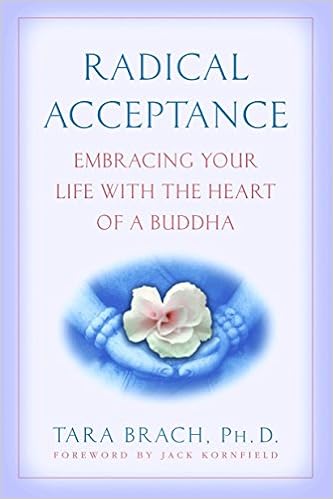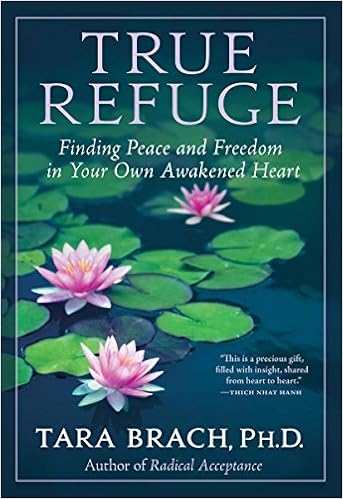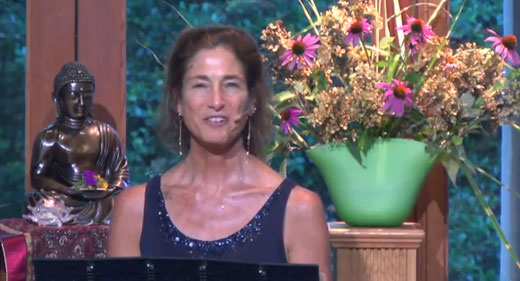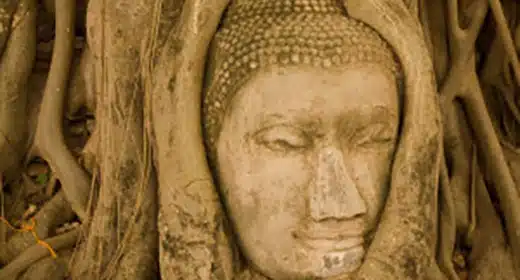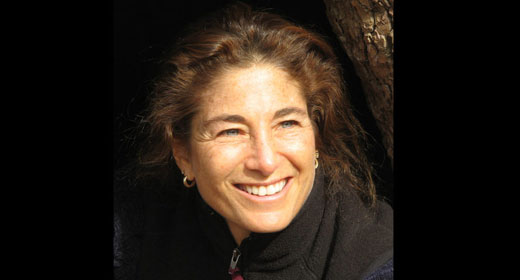Tara Brach’s teachings blend Western psychology and Eastern spiritual practices, mindful attention to our inner life, and a full, compassionate engagement with our world. The result is a distinctive voice in Western Buddhism, one that offers a wise and caring approach to freeing ourselves and society from suffering.
As an undergraduate at Clark University, Tara pursued a double major in psychology and political science. During this time, while working as a grassroots organizer for tenants’ rights, she also began attending yoga classes and exploring Eastern approaches to inner transformation. After college, she lived for ten years in an ashram—a spiritual community—where she practiced and taught both yoga and concentrative meditation. When she left the ashram and attended her first Buddhist Insight Meditation retreat, led by Joseph Goldstein, she realized she was home. “I had found wisdom teachings and practices that train the heart and mind in unconditional and loving presence,” she explains. “I knew that this was a path of true freedom.”
Over the following years, Tara earned a Ph.D. in Clinical Psychology from the Fielding Institute, with a dissertation exploring meditation as a therapeutic modality in treating addiction. She went on to complete a five-year Buddhist teacher training program at the Spirit Rock Meditation Center. Working as both a psychotherapist and a meditation teacher, she found herself naturally blending these two powerful traditions—introducing meditation to her therapy clients and sharing western psychological insights with meditation students. This synthesis has evolved, in more recent years, into Tara’s groundbreaking work in training psychotherapists to integrate mindfulness strategies into their clinical work.
In 1998, Tara founded the Insight Meditation Community of Washington, DC (IMCW), which is now one of the largest and most dynamic non-residential meditation centers in the United States. She gives presentations, teaches classes, offers workshops, and leads silent meditation retreats at IMCW and at conferences and retreat centers in the United States and Europe. Tara’s podcast is downloaded more than 3 million times each month. Her themes reveal the possibility of emotional healing and spiritual awakening through mindful, loving awareness as well as the alleviation of suffering in the larger world by practicing compassion in action. She has fostered efforts to bring principles and practices of mindfulness to issues of racial injustice, equity and inclusivity; peace; environmental sustainability, as well as to prisons and schools.
Together with Jack Kornfield, Tara co-founded Banyan and the Mindfulness Meditation Teacher Training Program, which serves participants from 74 countries around the world.
She has a son, Narayan, and lives in Northern Virgina with her husband, Jonathan Foust.


